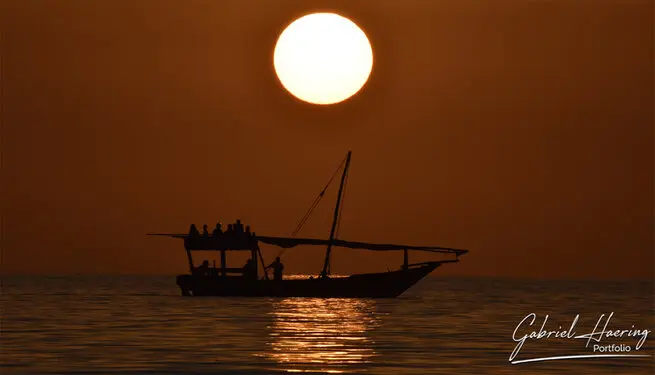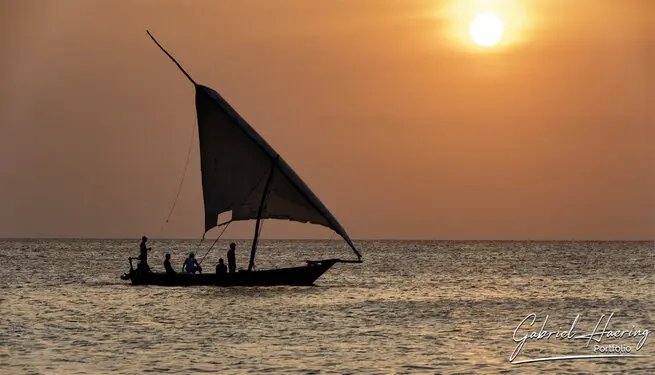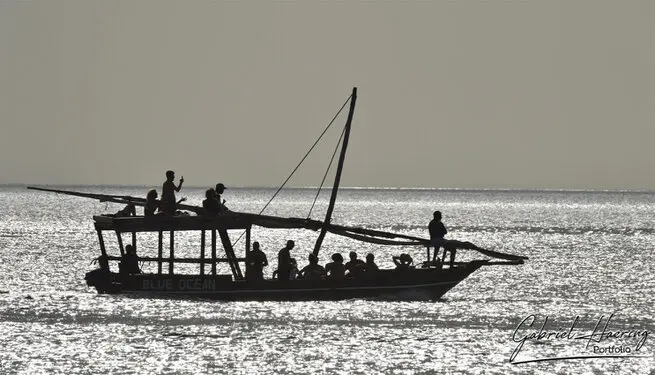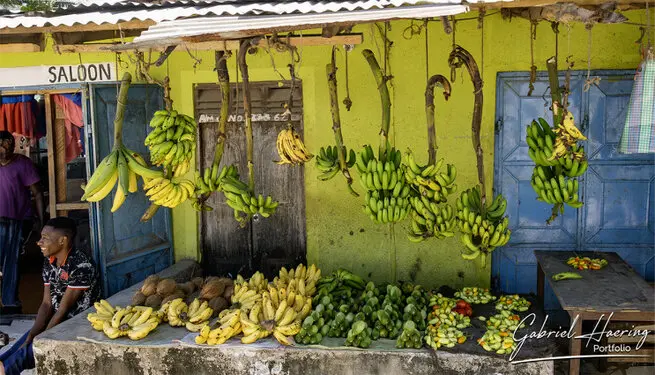Zanzibar
About Zanzibar
Zanzibar is a stunning archipelago off the coast of Tanzania, steeped in history and culture. Known for its white-sand beaches, turquoise waters, and rich heritage, Zanzibar has been a trading hub for centuries, blending African, Arab, and European influences. The main island, Unguja, is home to Stone Town, a UNESCO World Heritage site, renowned for its labyrinth of narrow streets, ancient buildings, and vibrant markets. Whether you are a history enthusiast, nature lover, or adventurer, Zanzibar offers a unique blend of tropical beauty and cultural depth.
The Beaches
Zanzibar is famous for its idyllic beaches, offering some of the most beautiful shorelines in the world. From the bustling beaches of Nungwi and Kendwa in the north, known for their crystal-clear waters and vibrant nightlife, to the quieter, serene sands of Paje and Jambiani on the east coast, each beach has its own charm. The coral reefs surrounding the islands make Zanzibar a paradise for snorkeling and diving enthusiasts, while the sunsets over the Indian Ocean provide a perfect backdrop for relaxation and reflection.
The Spices and Fish Market
Zanzibar is famously known as the "Spice Island," and its spice markets offer a feast for the senses. Cloves, cinnamon, nutmeg, and cardamom are just a few of the spices that flourish here, and you can explore them firsthand through a spice tour or by visiting the local markets.
Alongside spices, Zanzibar’s bustling fish markets, particularly in Stone Town, are filled with fresh seafood, straight from the Indian Ocean. The markets are a lively hub where locals and tourists alike can experience the island's culinary offerings.
It's a must-visit to soak in the sights, smells, and tastes that make Zanzibar’s food scene so unique.
The Crafted Doors of Stone Town
Stone Town is not only a historical hub but also an architectural marvel.
One of its most iconic features is the uniquely crafted wooden doors that adorn many of its buildings.
These intricately carved doors, often dating back centuries, reflect Zanzibar’s fusion of Arab, Indian, and Swahili influences. The doors are both decorative and symbolic, often indicating the social status and occupation of the homeowners.
Walking through Stone Town's narrow streets, you’ll notice the fine details in the carvings—floral motifs, religious symbols, and even protective spikes, which were once intended to guard against elephants.
The People
The people of Zanzibar are as vibrant and diverse as the island itself. A rich blend of cultures and traditions, the locals are predominantly Swahili-speaking and practice a deep-rooted sense of hospitality. Community and family are at the heart of daily life, and visitors will often experience a warm welcome wherever they go. The island's history as a trading hub has resulted in a unique cultural tapestry, with influences from Africa, Arabia, India, and Europe. Festivals, music, and traditional dances like taarab offer insights into the island’s cultural richness, and engaging with the locals is one of the highlights of any visit to Zanzibar.
For Photographers
Zanzibar is a photographer’s paradise, offering a diverse range of stunning subjects.
From the pristine beaches and lush spice plantations to the vibrant fish markets and iconic Stone Town doors, there’s no shortage of visual inspiration. The play of light on the turquoise waters, the intricate details of the historic architecture, and the vibrant colors of daily life provide endless opportunities for capturing the essence of Zanzibar.
For wildlife and nature enthusiasts, the nearby Jozani Forest offers a chance to photograph the rare Red Colobus monkeys, while underwater photographers will find the coral reefs teeming with marine life. Whether you’re interested in landscapes, portraits, or street photography, Zanzibar provides an unmatched canvas.























